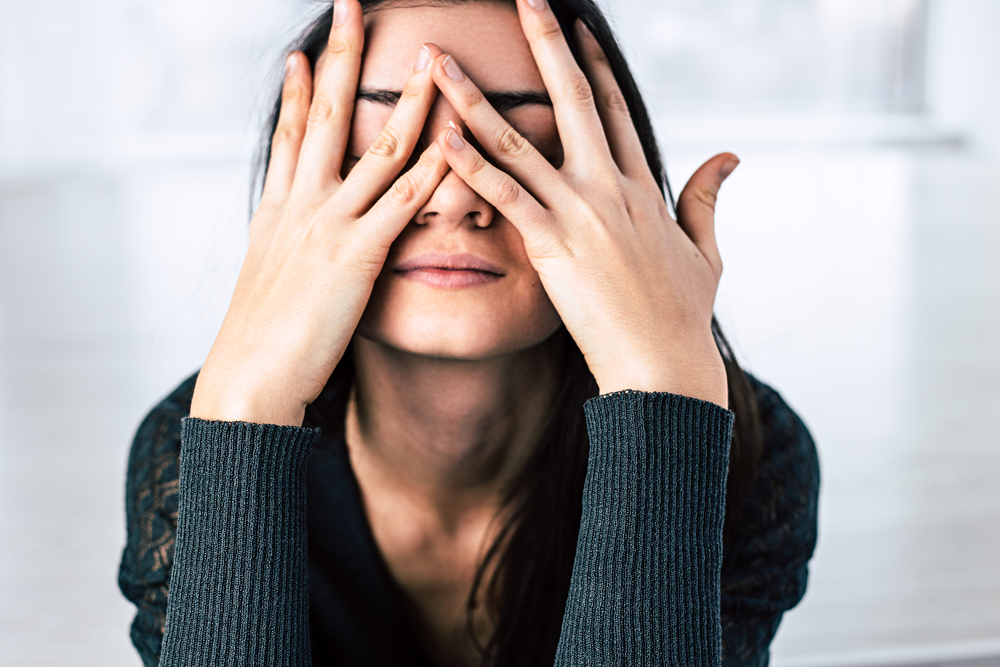What Is An Oily Skin Type?
Oily skin is characterized by overproduction of sebum, causing greasy, shiny, acne-prone skin with enlarged pores, frequent blackheads, whiteheads, and pimples.
Does Oily Skin Cause Acne?
Excess oil in oily skin can cause acne, as sebum mixes with dead skin cells and bacteria, causing inflammation and breakouts. Factors like hormonal fluctuations, genetics, and lifestyle choices also influence acne development.
What’s The Best Acne Treatment For Oily Skin?
The best acne treatment for oily skin typically involves a combination of topical agents, skincare products, and professional interventions. Some effective treatments include:
1.Salicylic Acid: A beta hydroxy acid that unclogs pores and reduces inflammation.
2.Benzoyl Peroxide: Kills acne-causing bacteria and helps clear existing breakouts.
3.Topical Retinoids: Derivatives of vitamin A that promote cell turnover and prevent pore clogging.
4.Chemical Peels: Exfoliate the skin and reduce oil production.
5.Oil-Free Moisturizers and Sunscreens: Moisturizing is essential for maintaining skin hydration and barrier function, even for oily skin types.
For personalized treatment plans and expert guidance, visit Sutvakclinic, renowned for its expertise in acne treatment in Andheri.
Skin Care Tips For Oily Skin
1.Cleanse Twice Daily: Use a gentle, foaming cleanser to remove excess oil, dirt, and impurities without stripping the skin.
2.Use Oil-Free Products: Opt for oil-free, non-comedogenic moisturizers, sunscreens, and makeup to prevent pore congestion.
3.Don’t Overwash: Overwashing can strip the skin of its natural oils, increasing oil production. Stick to cleansing twice daily.
4.Use Mattifying Products: Incorporate mattifying products, such as blotting papers or oil-absorbing powders, to control shine throughout the day.
5.Avoid Touching Your Face: Touching your face with dirty hands can transfer bacteria and oil, leading to breakouts. Resist the urge to pick or squeeze acne lesions, as this can worsen inflammation and increase the risk of scarring.
6.Stay Hydrated: Staying hydrated is important for healthy skin, including oily types; adequate water intake regulates oil production and ensures internal hydration. Aim for at least 8 glasses daily to support overall skin wellness.
7.Use a Weekly Clay Mask: Clay masks effectively absorb excess oil and impurities, aiding in deep cleansing of pores and managing oiliness. Use them weekly, seeking masks with kaolin clay, bentonite clay, or charcoal for optimal results.
Conclusion
Sutvak Clinic, the Best dermatologist in Andheri, offers personalized acne treatment plans and expert guidance under the care of the best dermatologist in the region, aiming to address excess oil production, clogged pores, bacteria, and inflammation.
Frequently Asked Question
Q1. Is oily skin bad for my health?
Oily skin is not harmful to your health but can lead to issues such as acne and clogged pores if not properly managed.
Q2. Are there any dietary changes I should make for oily skin?
Some people find that certain foods, such as those high in sugar or processed carbohydrates, can exacerbate oily skin. A balanced diet of fruits, vegetables, and whole grains may help support healthier skin
Q3. Can diet affect oily skin?
Yes, certain foods can exacerbate oily skin, such as those high in sugar, processed carbohydrates, and unhealthy fats. Opting for a balanced diet rich in fruits, vegetables, lean proteins, and whole grains can help improve skin health.
Q4. How does oily skin contribute to acne?
Excess oil production can lead to clogged pores, providing a breeding ground for acne-causing bacteria. This often results in acne breakouts, especially for individuals with oily skin.


